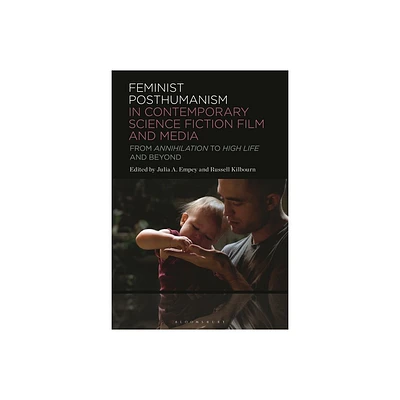Home
Documenting Cityscapes: Urban Change Contemporary Non-Fiction Film
Loading Inventory...
Barnes and Noble
Documenting Cityscapes: Urban Change Contemporary Non-Fiction Film
Current price: $95.00


Barnes and Noble
Documenting Cityscapes: Urban Change Contemporary Non-Fiction Film
Current price: $95.00
Loading Inventory...
Size: Hardcover
*Product Information may vary - to confirm product availability, pricing, and additional information please contact Barnes and Noble
While film studies has traditionally treated the presence of the city in film as an urban text operating inside of a cinematic one, this approach has recently evolved into the study of cinema as a technology of place. From this perspective,
Documenting Cityscapes
explores the way the city has been depicted by nonfiction filmmakers since the late 1970s, paying particular attention to three aesthetic tendencies: documentary landscaping, urban self-portraits, and metafilmic strategies.
Through the formal analysis of fifteen works from six different countries, this volume investigates how the rise of subjectivity has helped to develop a kind of gaze that is closer to citizens than to the institutions and corporations responsible for recent major transformations.
therefore reveals the extent to which cinema has become an agent of urban change, in which certain films not only challenge the most controversial policies of late capitalism but also are able to produce spatiality themselves.
Documenting Cityscapes
explores the way the city has been depicted by nonfiction filmmakers since the late 1970s, paying particular attention to three aesthetic tendencies: documentary landscaping, urban self-portraits, and metafilmic strategies.
Through the formal analysis of fifteen works from six different countries, this volume investigates how the rise of subjectivity has helped to develop a kind of gaze that is closer to citizens than to the institutions and corporations responsible for recent major transformations.
therefore reveals the extent to which cinema has become an agent of urban change, in which certain films not only challenge the most controversial policies of late capitalism but also are able to produce spatiality themselves.


















